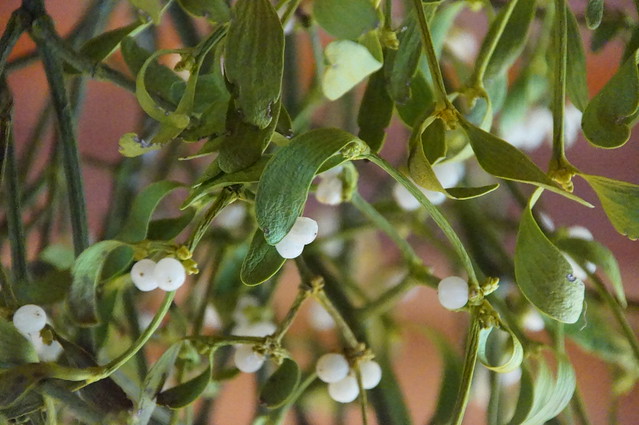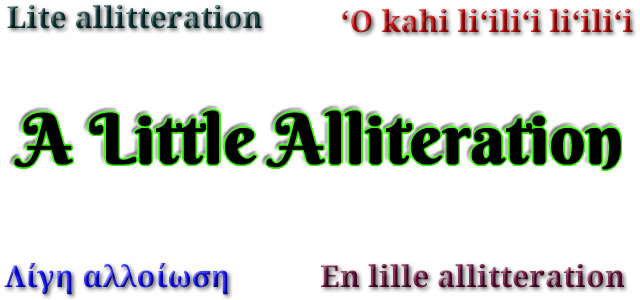What does the word redundant have to do with surges and waves? Let’s find out.
Meanings of redundant [ɹɪˈdʌn.dənt / ɹɪˈdan.dənt] include:
- Superfluous; exceeding what is necessary, no longer needed.
- Repetitive or needlessly wordy (of words, writing, etc).
- Dismissed from employment because no longer needed (mainly UK, Ireland, Australia & New Zealand).
- Duplicating or able to duplicate the function of another component of a system, providing backup in the event the other component fails.
It comes from the Latin word redundāns (overflowing, abounding), from redundō (to overflow, abound, pour out), from red- (again, back) + undō (surge, flow, abound), from unda (a wave, billow) [source].
Words from the same roots include undulate (to move in a wavelike motion, to appear wavelike) and redound (to contribute, reverberate, attach, reflect) in English, and ridondare (to overflow, abound, overwhelm) in Italian, redundar (to redound, result) in Spanish, and ondoyer (to sway, undulate) in French [source].
The word superfluous (in excess of what is required or sufficient) has a similarly overflowing origin – it comes from Middle English superfluous (redundant, immoderate, excessive), from Latin superfluus (running over, overflowing, superfluous, unnecessary), from superfluō (to run over, overflow, be superfluous), from super- (over, above) + fluō (to flow, stream, pour) [source].
Another word from similarly flowing roots is mellifluous, which means sweet, smooth and musical, or pleasant to hear, and usually refers to a person’s voice, tone or writing style. It can also mean ‘flowing like honey’, and comes from Latin mellifluus (honey-dropping, flowing with honey, mellifluous), from mel (honey, sweetness, pleasantness) + fluō (to flow, pour, stream) [source].
If someone has a mellifluous voice, you might describe them as melliloquent, an old word meaning ‘speaking sweetly or harmoniously’, from Latin mel (honey, etc) + loquens (speaking, talking) [source].
Back in 2008, I was made redundant from my job as a web developer in Brighton. Or rather, my position was made redundant – that’s how they put it. They gave me a substantial redundancy payment and that was that. At the time, I couldn’t really afford to stay in Brighton, and fancied a change of scenery anyway, so I moved to Bangor and did an MA in Linguistics. I’ve been here ever since, working on Omniglot full-time, and am fortunate enough to make a living from it.















